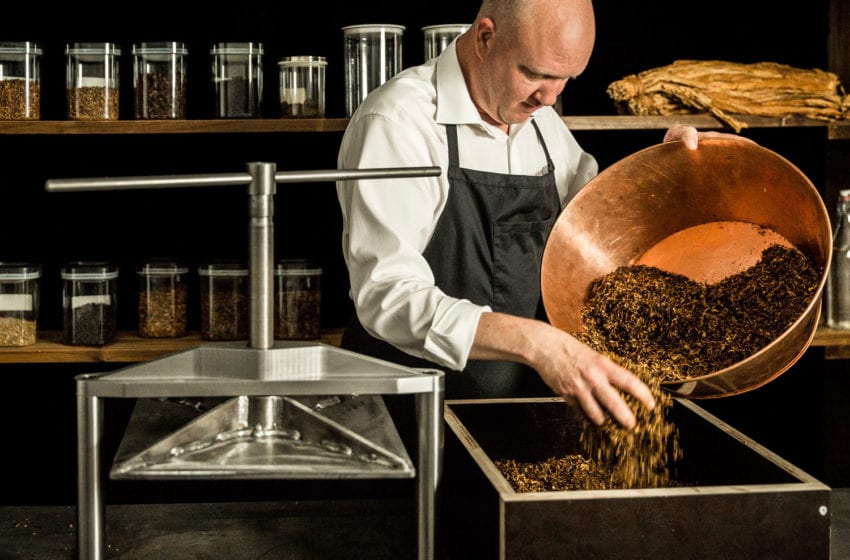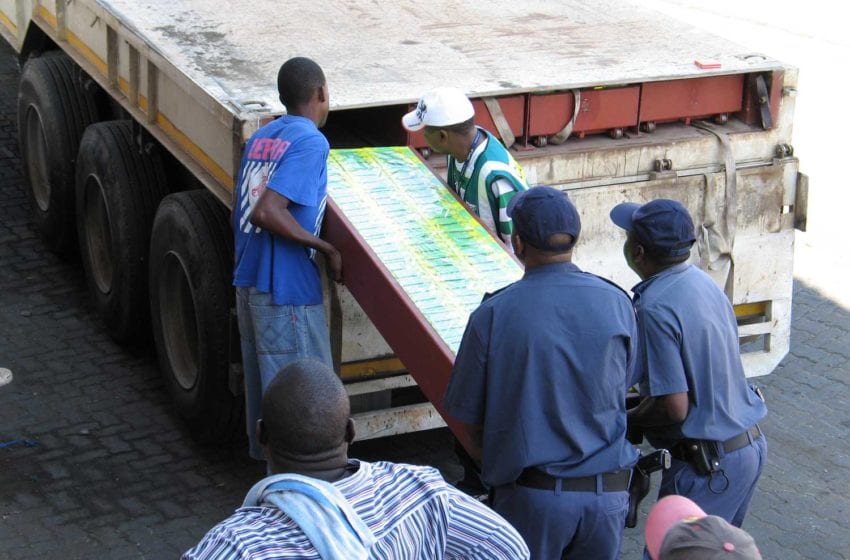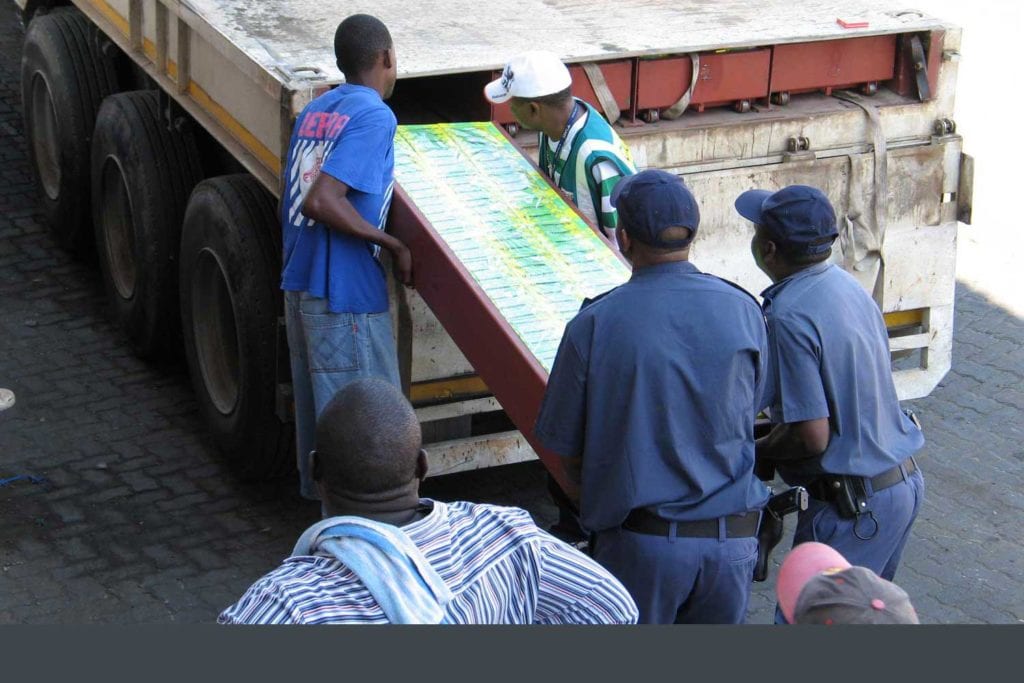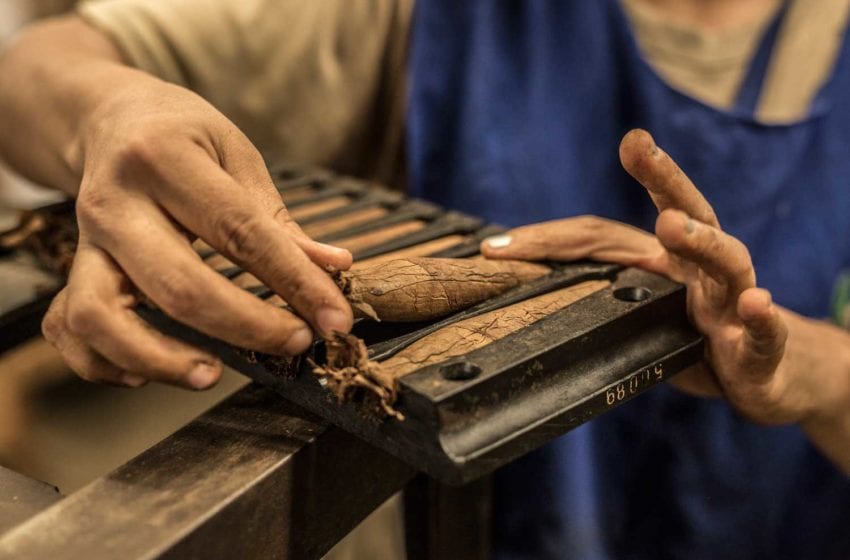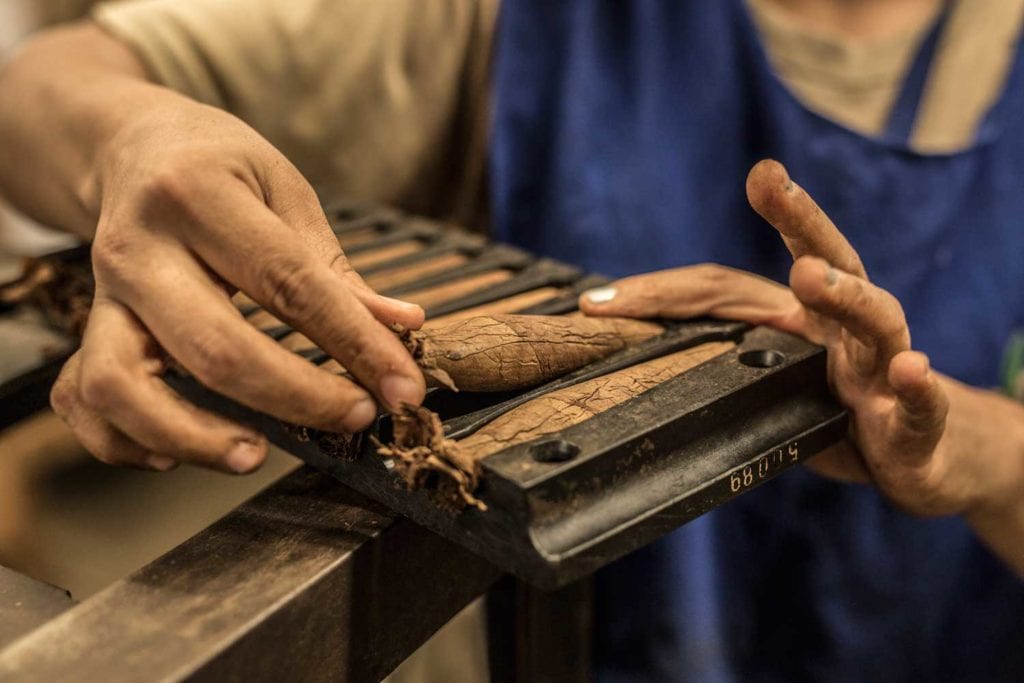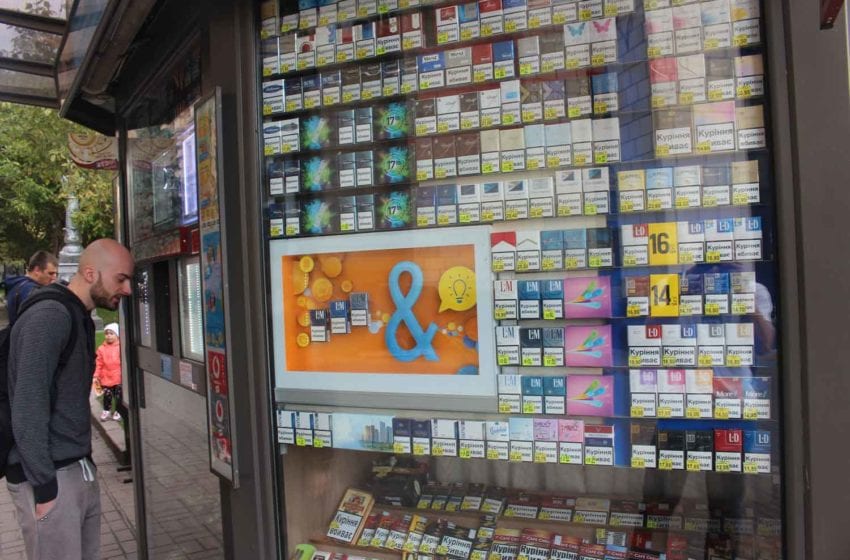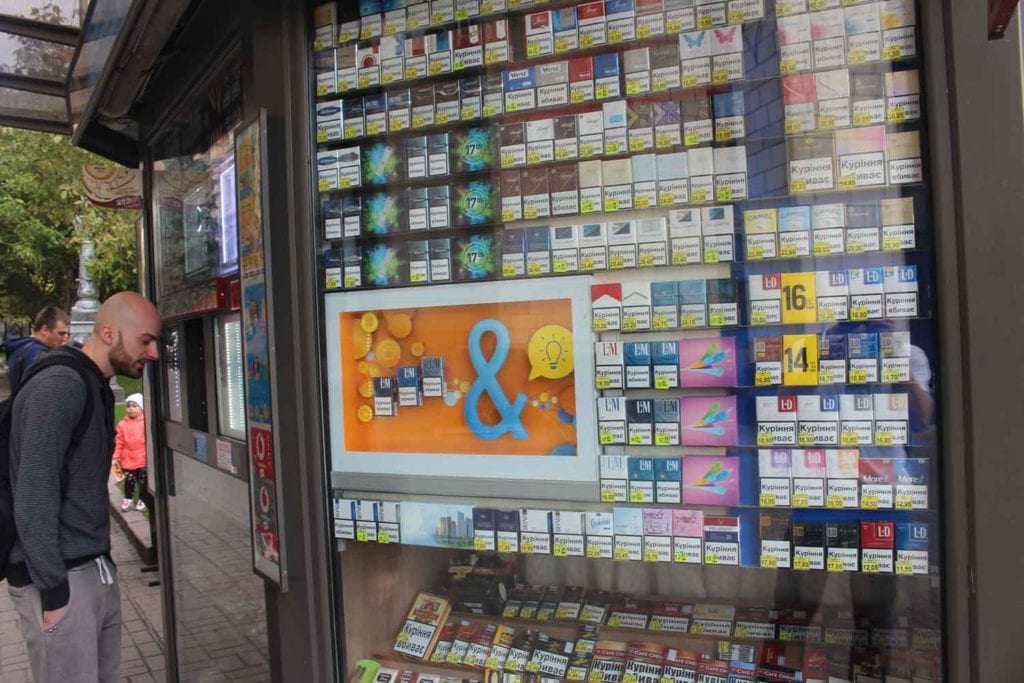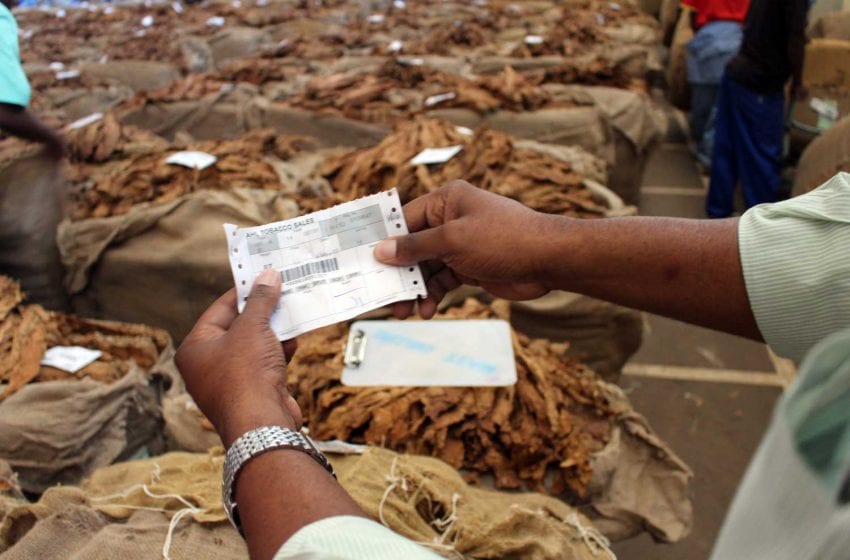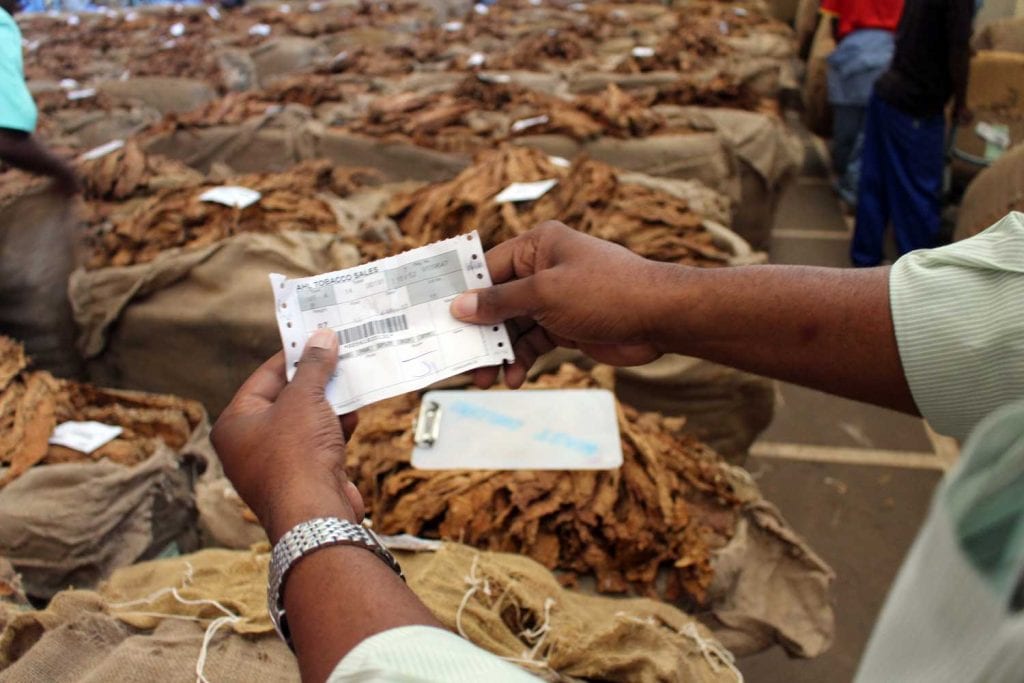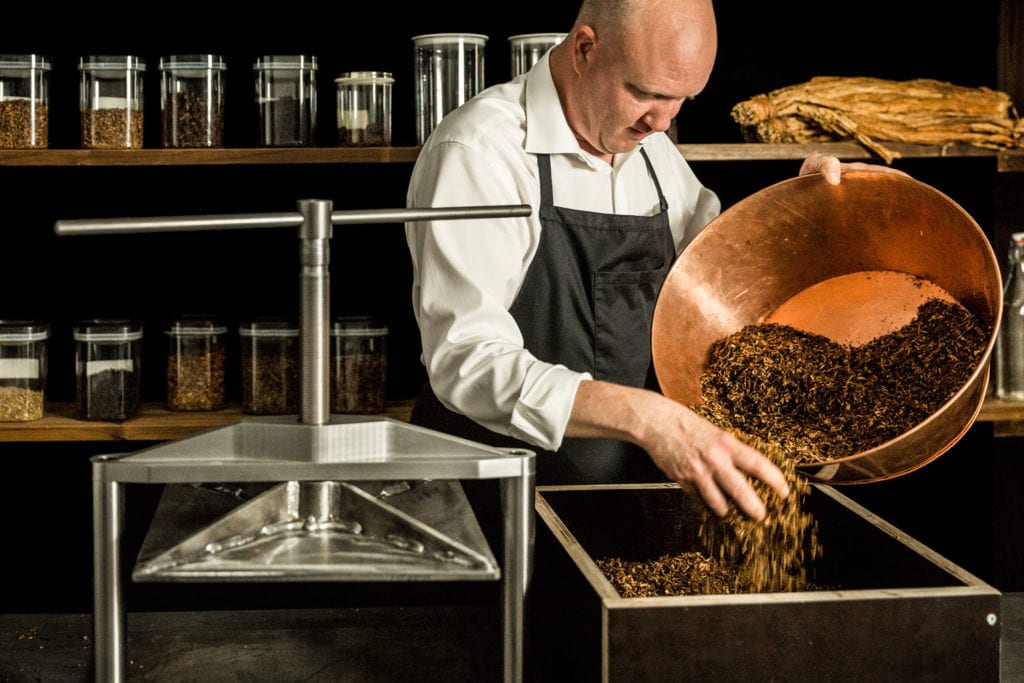
To increase speed to market and unlock synergies, Scandinavian Tobacco Group on May 19, 2020, announced a new organizational structure with three new commercial divisions. To align financial reporting with the new organizational structure and ensure consistency with internal management reporting, the group has now revised its external reporting structure accordingly.
The three divisions are North America Online & Retail, North America Branded & Rest of World and Europe Branded.
Division North America Online & Retail includes direct-to-consumer sales of all product categories sold via the online, catalogue and retail channel in North America.
Division North America Branded & Rest of World includes sales of all product categories to wholesalers and distributors that supply retail in the United States, Canada, Australia, New Zealand, international sales (Norway, Finland, Switzerland, Israel and Russia), Asia, global travel retail and contract manufacturing for third parties.
Division Europe Branded includes sales of all product categories to wholesalers and distributors that supply retail in Germany, Denmark, Sweden, France, Italy, Belgium, the Netherlands, Luxembourg, Spain, Portugal as well as the United Kingdom and Ireland.
STG recently raised its full-year guidance. The group will announce its 2020 second quarter results Aug. 28, 2020.

